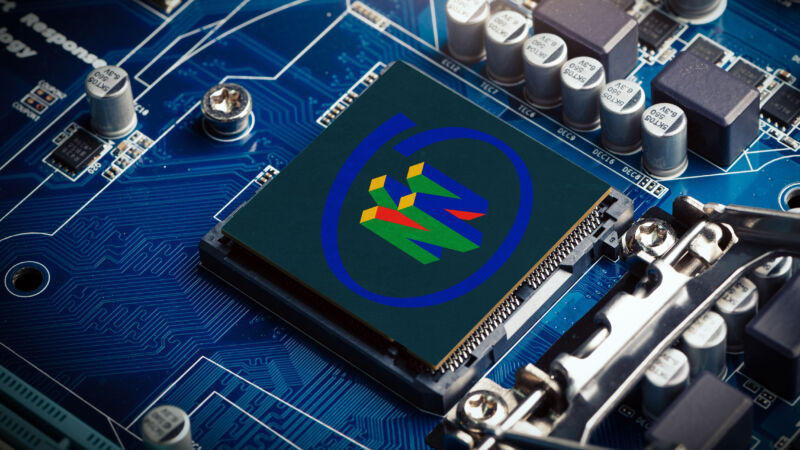
In recent years, we’ve reported on multiple efforts to reverse-engineer Nintendo 64 games into fully decompiled, human-readable C code that can then become the basis for full-fledged PC ports. While the results can be impressive, the decompilation process can take years of painstaking manual effort, meaning only the most popular N64 games are likely to get the requisite attention from reverse engineers.
Now, a newly released tool promises to vastly reduce the amount of human effort needed to get basic PC ports of most (if not all) N64 games. The N64 Recompiled project uses a process known as static recompilation to automate huge swaths of the labor-intensive process of drawing C code out of N64 binaries.
While human coding work is still needed to smooth out the edges, project lead Mr-Wiseguy told Ars that his recompilation tool is “the difference between weeks of work and years of work” when it comes to making a PC version of a classic N64 title. And parallel work on a powerful N64 graphic renderer means PC-enabled upgrades like smoother frame rates, resolution upscaling, and widescreen aspect ratios can be added with little effort.
Inspiration hits
Mr-Wiseguy told Ars he got his start in the N64 coding space working on various mod projects around 2020. In 2022, he started contributing to the then-new RT64 renderer project, which grew out of work on a ray-traced Super Mario 64 port into a more generalized effort to clean up the notoriously tricky process of recreating N64 graphics accurately. While working on that project, Mr-Wiseguy said he stumbled across an existing project that automates the disassembly of NES games and another that emulates an old SGI compiler to aid in the decompilation of N64 titles.
“I realized it would be really easy to hook up the RT64 renderer to a game if it could be run through a similar static recompilation process,” Mr-Wiseguy told Ars. “So I put together a proof of concept to run a really simple game and then the project grew from there until it could run some of the more complex games.”
A basic proof of concept for Mr-Wiseguy’s idea took only “a couple of weeks at most” to get up and running, he said, and was ready as far back as November of 2022. Since then, months of off-and-on work have gone into rounding out the conversion code and getting a recompiled version of The Legend of Zelda: Majora’s Mask ready for public consumption.
Trust the process
At its most basic level, the N64 recompilation tool takes a raw game binary (provided by the user) and reprocesses every single instruction directly and literally into corresponding C code. The N64’s MIPS instruction set has been pretty well-documented over years of emulation work, so figuring out how to translate each individual opcode to its C equivalent isn’t too much of a hassle.
The main difficulty, Mr-Wiseguy said, can be figuring out where to point the tool. “The contents of the [N64] ROM can be laid out however the developer chose to do so, which means you have to find where code is in the ROM before you can even start the static recompilation process,” he explained. And while N64 emulators automatically handle games that load and unload code throughout memory at runtime, handling those cases in a pre-compiled binary can add extra layers of complexity.
https://arstechnica.com/?p=2025130

